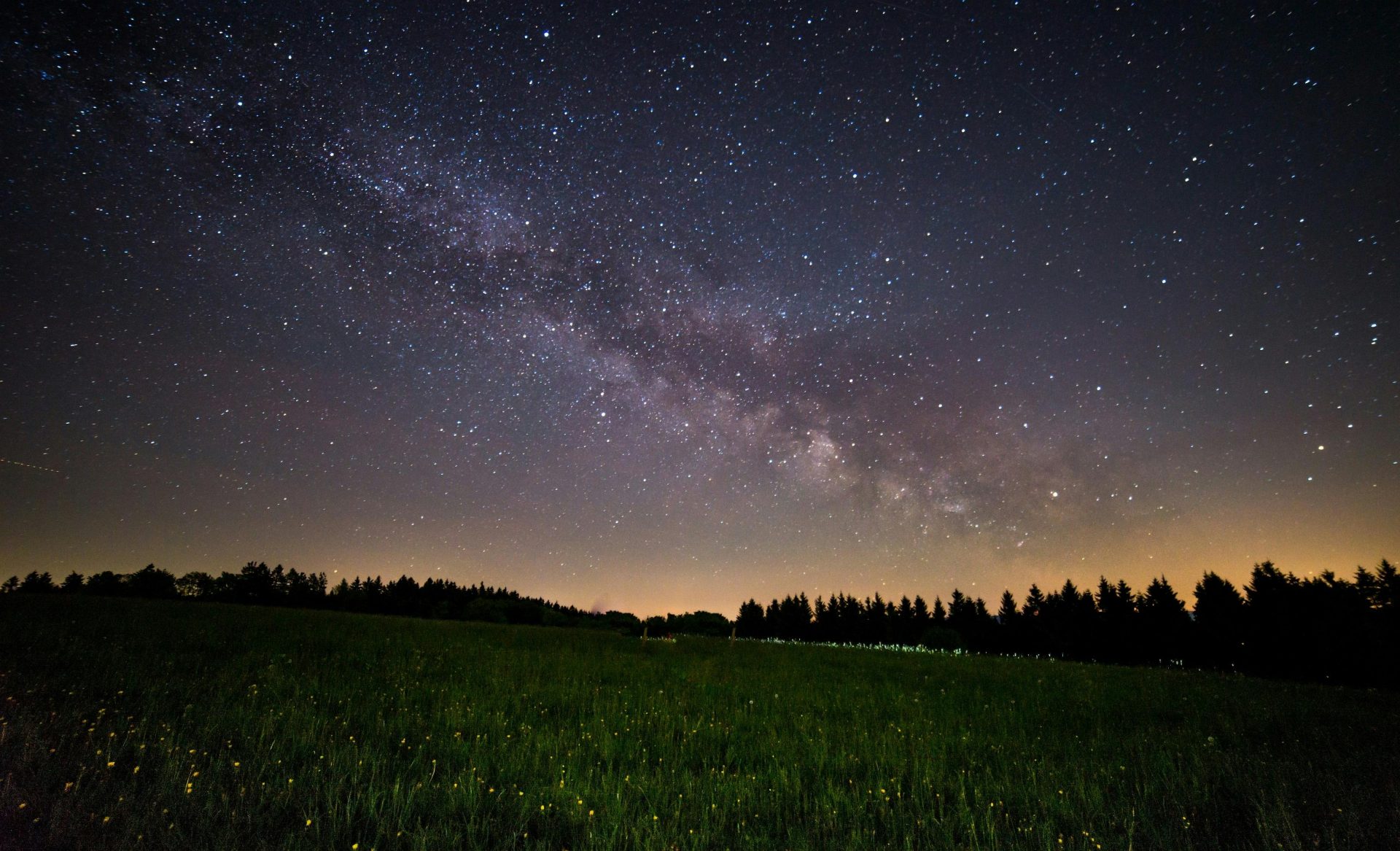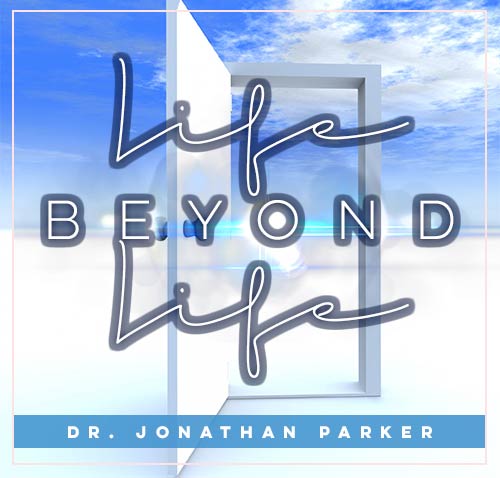Understanding the Afterlife: Different Perspectives

Hey there, amazing readers! 🖐️ Just a quick note: yes, we know there are a lot of ads here. Trust us, we get it—it’s not the prettiest look, but they help us keep this blog alive and kicking. Those pesky little ads cover the costs of all the behind-the-scenes magic, from hosting and tech stuff to creating content we hope you’ll love.
We’re committed to delivering quality posts, and your support (even just sticking around despite the ads) means everything to us. So, bear with us, and thanks for helping us keep the good vibes rolling. Now, on to the fun stuff! 😉
TRANSLATE BUTTON AT THE END OF THE ARTICLE
A Quick Overview
The concept of the afterlife has intrigued humanity for centuries, sparking a variety of beliefs, interpretations, and perspectives across different cultures and religions.
From the idea of heaven and hell to reincarnation and scientific theories, the notion of what happens after we pass away continues to captivate our imaginations.
This article will delve into the multifaceted understanding of the afterlife, exploring various viewpoints and shedding light on how these beliefs impact individuals and society as a whole.
Exploring the Concept of Afterlife
The afterlife refers to what happens to a person’s soul or consciousness after death.
It is a realm of existence beyond our physical life on Earth, often associated with spiritual, religious, or metaphysical beliefs.
People across different cultures and backgrounds have pondered the mysteries of the afterlife, contemplating the possibilities of what lies beyond our earthly existence.
This exploration of the afterlife serves as a way for individuals to come to terms with their mortality and find solace in the unknown.
From ancient civilizations to modern societies, the concept of the afterlife has been a central theme in human thought and philosophy.
It reflects our innate curiosity about the mysteries of life and death, prompting us to seek answers to questions that may never be fully resolved.
While the afterlife remains a topic of speculation and debate, the various perspectives surrounding it offer insight into how different cultures and religions approach the idea of life after death.
Various Beliefs and Interpretations
Different cultures and religions around the world hold varying beliefs and interpretations regarding the afterlife.
These beliefs often shape individuals’ perceptions of death and influence their behavior and attitudes towards life.
Some common beliefs include:
Heaven and Hell: Many religious traditions, such as Christianity and Islam, posit the existence of heaven as a paradise for the righteous and hell as a place of punishment for the wicked.
Reincarnation: Hinduism, Buddhism, and other Eastern philosophies believe in the cycle of birth, death, and rebirth, where the soul undergoes multiple lifetimes until it achieves enlightenment.
Spiritual Realms: Some belief systems, like Shamanism and Native American traditions, emphasize the existence of spiritual realms where souls dwell after death and can communicate with the living.
These diverse interpretations of the afterlife highlight the complexity of human beliefs and the significance of these perspectives in shaping individuals’ worldviews.
Cultural Perspectives on the Afterlife
Cultural perspectives on the afterlife play a significant role in shaping how different societies understand and approach death.
In some cultures, death is seen as a natural part of life, while in others, it is feared and avoided.
For example:
Mexican Day of the Dead: In Mexican culture, the Day of the Dead is a time to honor deceased loved ones and celebrate their lives with festive traditions and offerings.
Egyptian Mythology: Ancient Egyptian beliefs in the afterlife centered around the journey of the soul through the underworld, guided by rituals and funerary practices.
Japanese Ancestor Worship: In Japan, honoring ancestors through rituals and ceremonies is a way to ensure their spirits remain connected to the living world.
These cultural perspectives on the afterlife reflect the values, traditions, and beliefs of a society, providing insight into how different cultures navigate the complexities of death and bereavement.
Religious Views on Life after Death
Religious traditions offer a plethora of views on what happens after death, providing comfort, guidance, and moral teachings to believers.
Here are some key religious views on the afterlife:
Christianity: Christians believe in the resurrection of the dead and the final judgment, where souls are either rewarded with eternal life in heaven or punished in hell based on their actions.
Islam: Muslims believe in a day of resurrection and judgment, where individuals are held accountable for their deeds and granted entry into paradise or condemned to hell.
Judaism: In Judaism, the afterlife is not a central focus, with beliefs varying among different sects regarding concepts of heaven, hell, and the immortality of the soul.
These religious perspectives provide adherents with a framework for understanding death, offering hope, solace, and a moral compass for navigating life’s challenges.
The Role of Reincarnation
Reincarnation is a belief that the soul is reborn into a new body after death, continuing its spiritual journey across multiple lifetimes.
This concept is central to many Eastern religions and philosophies, such as Hinduism and Buddhism, where karma and reincarnation are intertwined.
The idea of reincarnation offers individuals a sense of continuity and growth beyond their current existence, emphasizing the interconnectedness of all living beings.
Scientific Explanations and Theories
While science primarily focuses on empirical evidence and observable phenomena, some scientists have explored the concept of the afterlife through theories related to consciousness, near-death experiences, and quantum mechanics.
These scientific explanations often seek to bridge the gap between the physical and metaphysical realms, offering alternative perspectives on life after death that challenge traditional religious beliefs.
While scientific theories on the afterlife remain speculative, they contribute to the ongoing dialogue surrounding the mysteries of human consciousness and existence.
Near-Death Experiences: Insights
Near-death experiences (NDEs) are reported phenomena where individuals claim to have transcendent or mystical experiences during a close brush with death.
These experiences often include feelings of peace, light, and a sense of interconnectedness with the universe.
While the scientific community debates the validity and interpretation of NDEs, these accounts provide valuable insights into how individuals perceive and conceptualize the afterlife, offering a glimpse into the mysteries of consciousness and existence.
Afterlife in Literature and Art
Throughout history, the afterlife has been a recurring theme in literature, art, and mythology, inspiring countless works that explore the mysteries of death and the unknown.
From Dante’s "Divine Comedy" to ancient Egyptian funerary texts, representations of the afterlife in cultural artifacts reflect humanity’s fascination with the supernatural and the divine.
These creative expressions offer diverse interpretations of what lies beyond mortality, inviting audiences to contemplate the nature of existence and the afterlife.
Philosophical Reflections on Death
Philosophers have long pondered the nature of death and the implications of mortality on human life.
From Socrates’ dialogues on the immortality of the soul to existentialist reflections on the absurdity of existence, philosophical discourse on death offers profound insights into the human condition.
These reflections challenge individuals to confront their fears, embrace the unknown, and find meaning in the face of mortality, underscoring the importance of questioning and exploring the mysteries of life and death.
Coping with Grief and Loss
Beliefs about the afterlife often play a crucial role in how individuals cope with the loss of loved ones and navigate the grieving process.
For many people, the belief in an afterlife provides comfort, hope, and a sense of connection to deceased family members or friends.
Rituals, ceremonies, and traditions associated with death and mourning can help individuals process their grief, find closure, and honor the memory of those who have passed away.
The afterlife serves as a source of solace and support for those grappling with the emotional challenges of bereavement.
Impact of Afterlife Beliefs on Society
Beliefs about the afterlife have a profound influence on societal norms, values, and behaviors, shaping the way individuals interact with one another and perceive the world around them.
These beliefs can inform ethical principles, social practices, and cultural traditions, guiding communities in their understanding of life, death, and the human experience.
Whether expressed through religious rituals, artistic expressions, or philosophical discourse, perspectives on the afterlife contribute to the fabric of society, fostering compassion, empathy, and a deeper appreciation for the mysteries of existence.
Finding Meaning in the Unknown
In the face of life’s uncertainties and the inevitability of death, the concept of the afterlife offers individuals a way to find meaning, purpose, and transcendence in the unknown.
Whether through religious faith, philosophical inquiry, or personal reflection, beliefs about what lies beyond our earthly existence provide a framework for understanding the mysteries of life and death.
By exploring different perspectives on the afterlife, individuals can gain insight into their own values, beliefs, and aspirations, ultimately finding comfort and peace in the face of life’s greatest mystery.
Conclusion
The concept of the afterlife encompasses a rich tapestry of beliefs, interpretations, and perspectives that reflect humanity’s enduring fascination with life, death, and what lies beyond.
From religious views on heaven and hell to scientific theories on consciousness and quantum mechanics, the afterlife continues to captivate our imaginations and challenge our understanding of existence.
By exploring the diverse perspectives on the afterlife, individuals can gain a deeper appreciation for the mysteries of human consciousness, the interconnectedness of all living beings, and the enduring quest for meaning in the face of mortality.
As we navigate the complexities of life and death, the afterlife serves as a beacon of hope, solace, and inspiration, guiding us towards a deeper understanding of our place in the universe and the eternal mysteries that lie beyond.

The Enlightenment Journey is a remarkable collection of writings authored by a distinguished group of experts in the fields of spirituality, new age, and esoteric knowledge.
This anthology features a diverse assembly of well-experienced authors who bring their profound insights and credible perspectives to the forefront.
Each contributor possesses a wealth of knowledge and wisdom, making them authorities in their respective domains.
Together, they offer readers a transformative journey into the realms of spiritual growth, self-discovery, and esoteric enlightenment.
The Enlightenment Journey is a testament to the collective expertise of these luminaries, providing readers with a rich tapestry of ideas and information to illuminate their spiritual path.
Our Diverse Expertise 🌟
While our primary focus is on spirituality and esotericism, we are equally passionate about exploring a wide range of other topics and niches 🌍📚. Our experienced team is dedicated to delivering high-quality, informative content across various subjects ✨.
To ensure we provide the most accurate and valuable insights, we collaborate with trusted experts in their respective domains 🧑🏫👩🏫. This allows us to offer well-rounded perspectives and knowledge to our readers.
Our blog originally focused on spirituality and metaphysics, but we’ve since expanded to cover a wide range of niches. Don’t worry—we continue to publish a lot of articles on spirituality! Frequently visit our blog to explore our diverse content and stay tuned for more insightful reads.





















